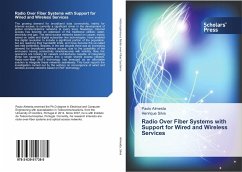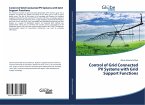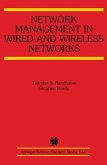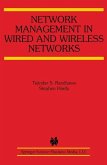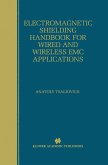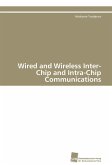The growing demand for broadband data connectivity, mainly for Internet access, is currently a significant driver in the development of global communications networks at every level. Nowadays, Internet access has become an extension of the traditional utilities: water, electricity and gas. The wired access networks based on copper, mainly based on cable and digital subscriber line technologies, have enabled this digital revolution to include a significant portion of the population, but are reaching their bandwidth limits, and have become the so-called last-mile bottleneck. Besides, in the last decade there was an increasing demand for broadband wireless access, due to the possibility of the end-users having connectivity simultaneously with mobility. Now, the operators are looking for network architectures capable of integrating these two separate networks into a single shared access network. Radio-over-fiber (RoF) technology has emerged as an affordable solution to integrate these networks seamlessly. This book reports the investigation carried out by the authors on convergence of wired and wireless access networks based on RoF technology.
Bitte wählen Sie Ihr Anliegen aus.
Rechnungen
Retourenschein anfordern
Bestellstatus
Storno

